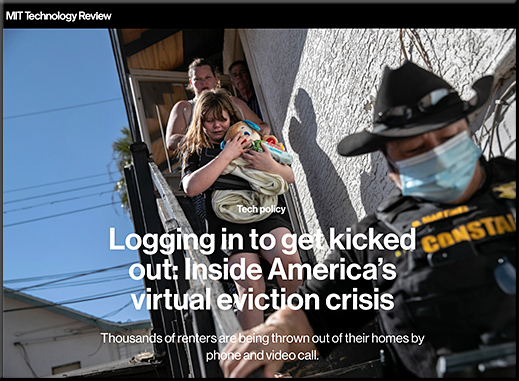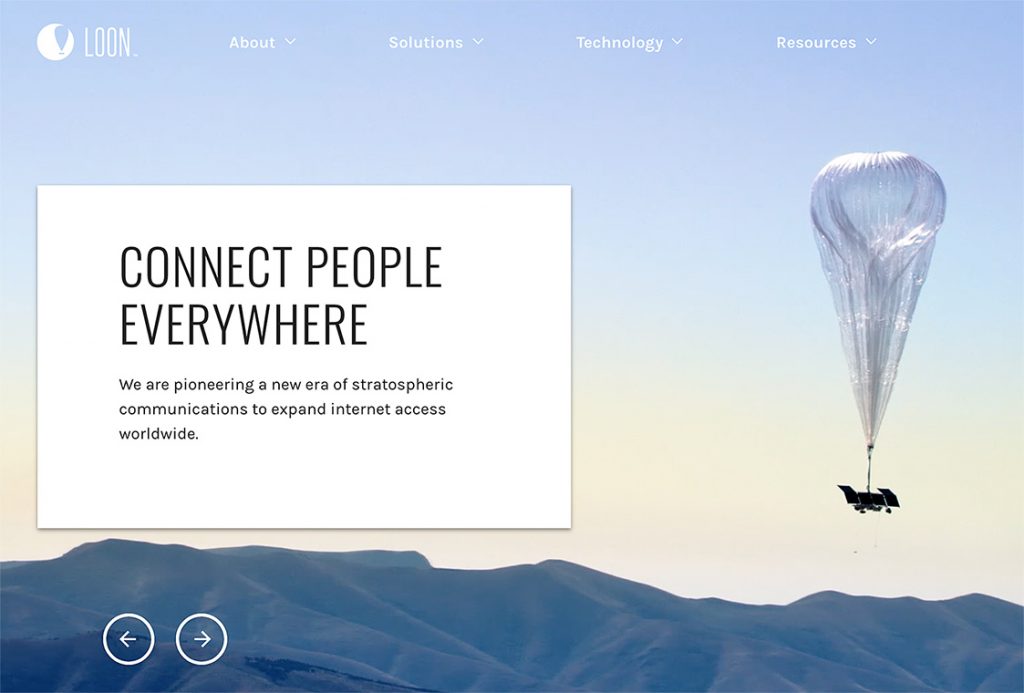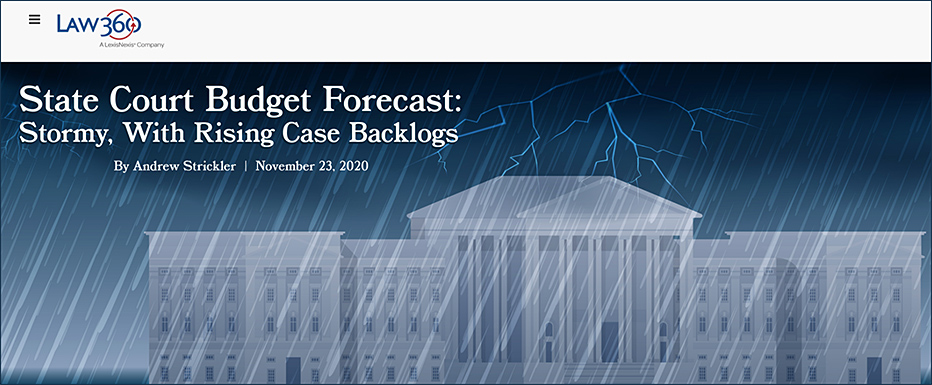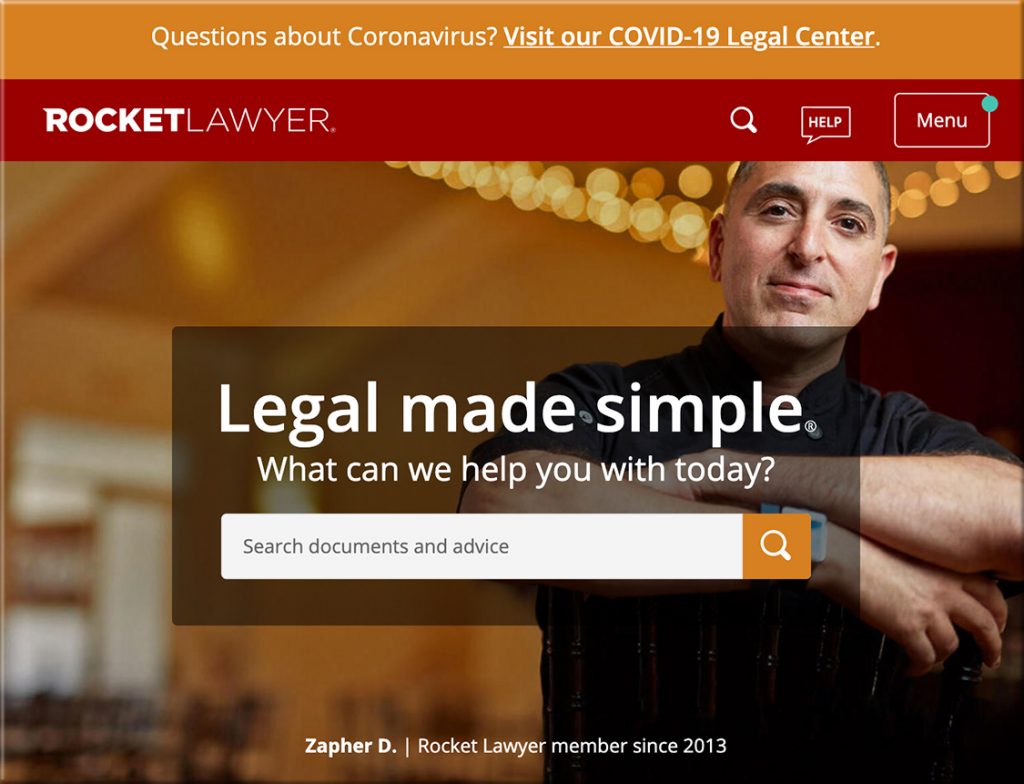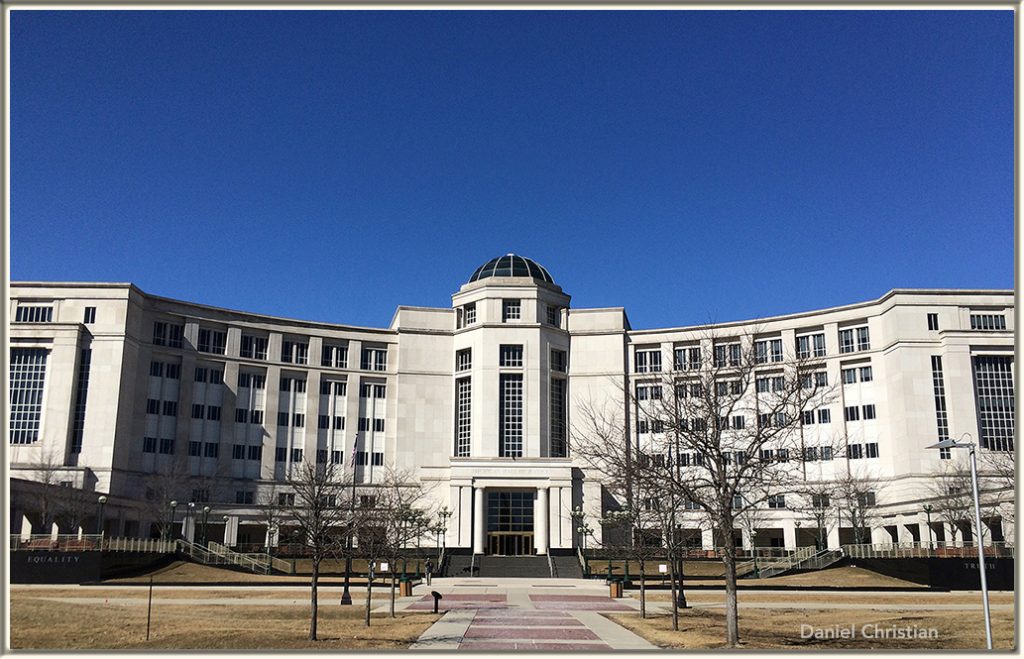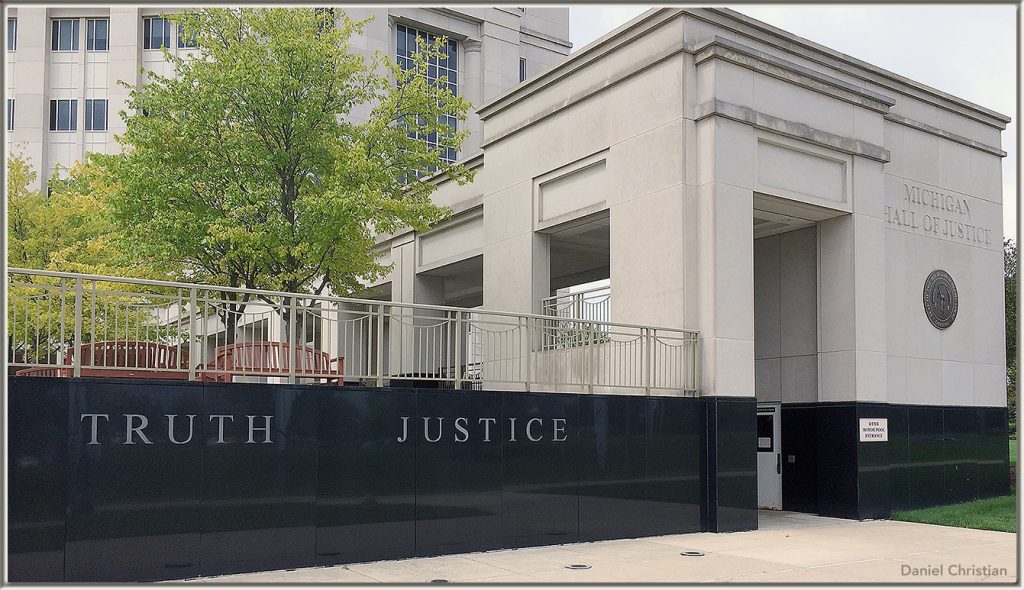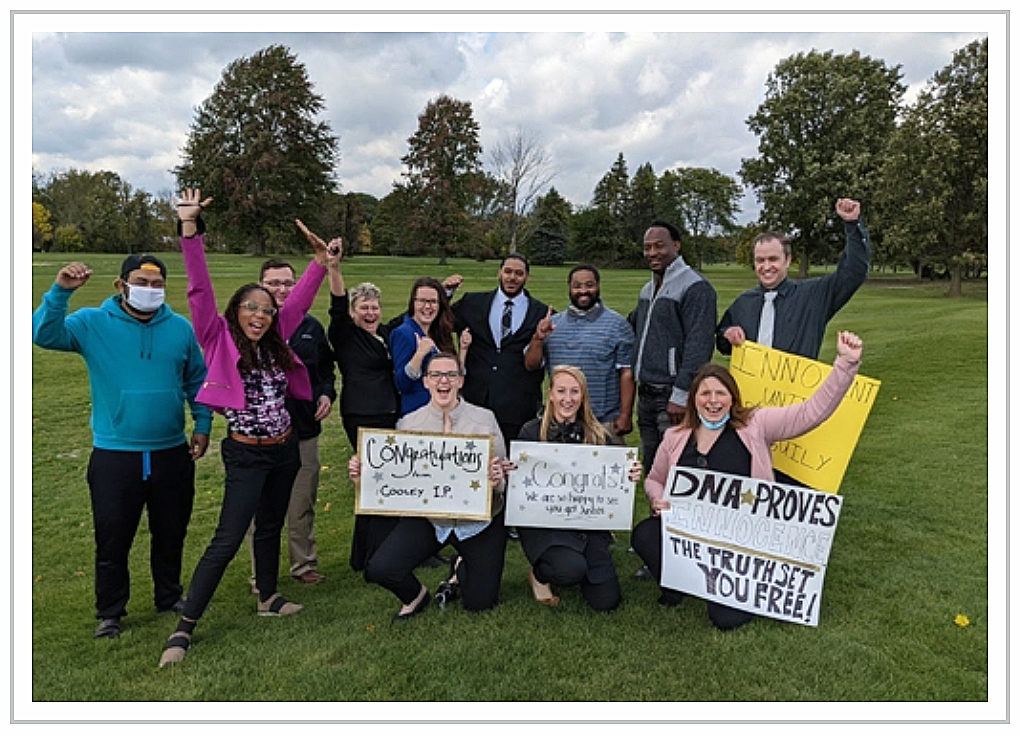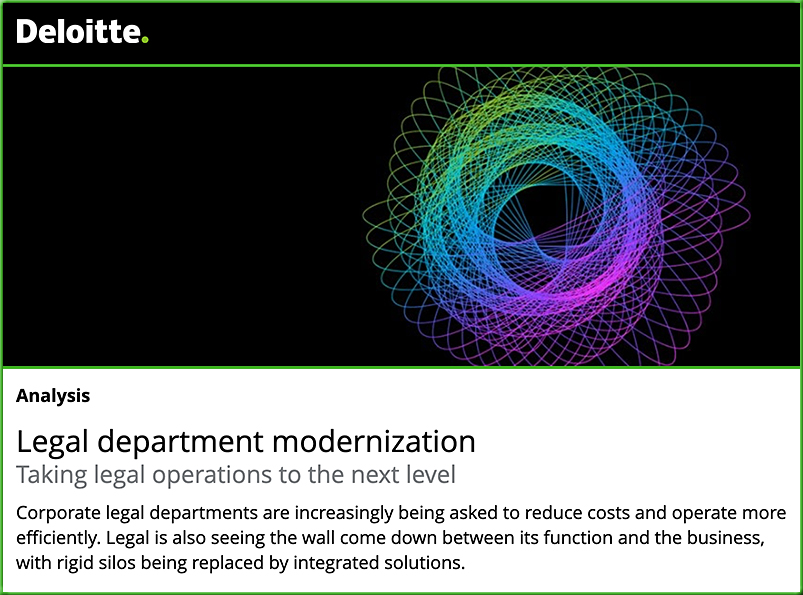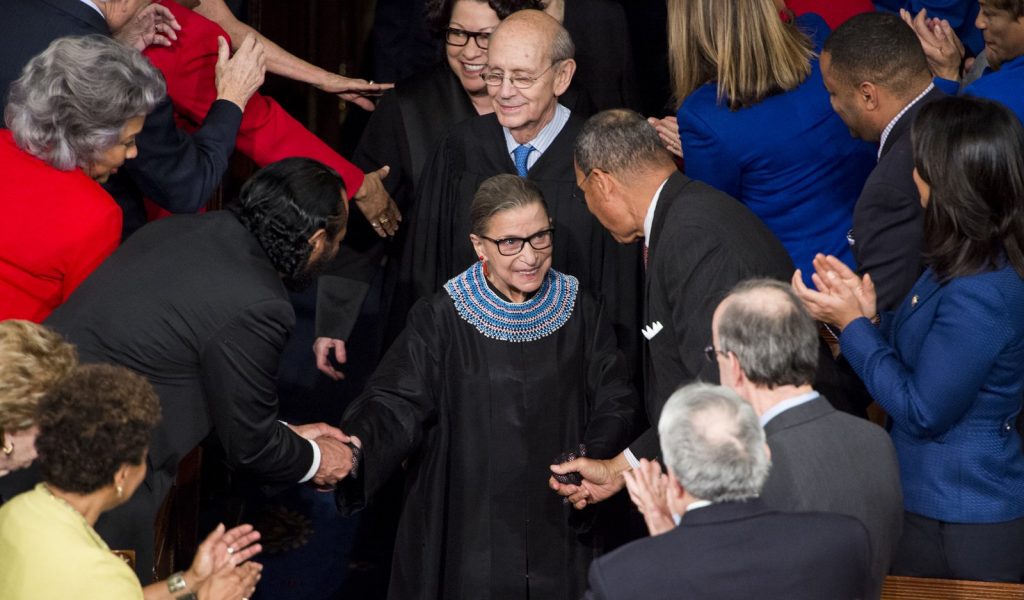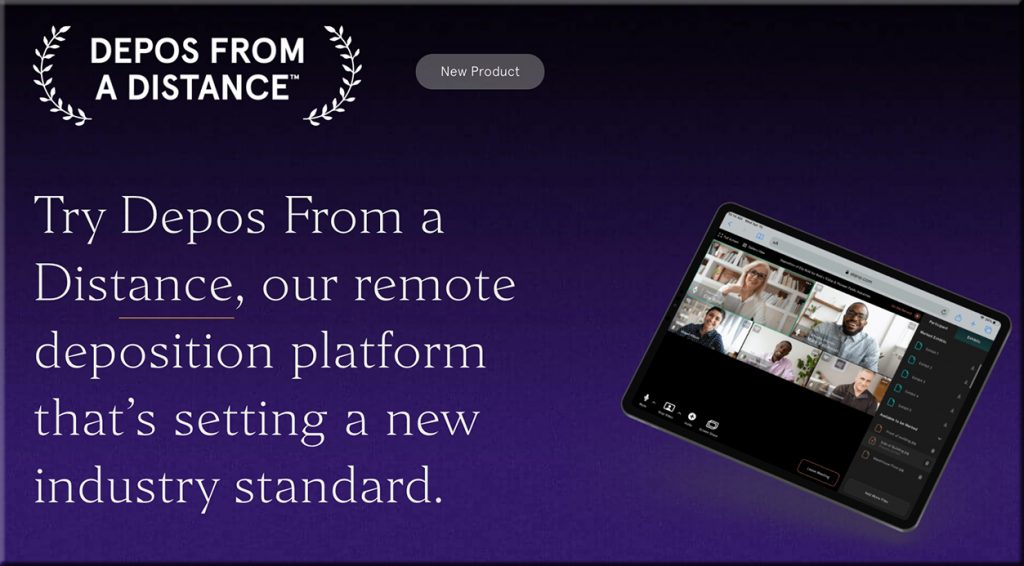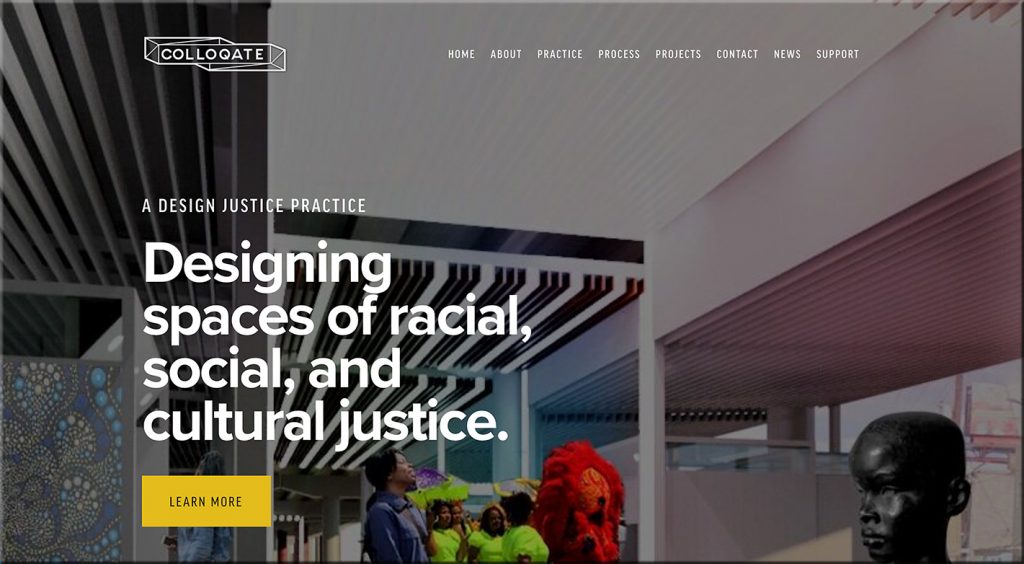Logging in to get kicked out: Inside America’s virtual eviction crisis — from technologyreview.com by Eileen Guo
Excerpts:
An unprecedented, imperfect moratorium
Before the pandemic, an average of 3.6 million Americans lost their homes to evictions every year, according to Princeton University’s Eviction Lab. By the end of 2020, this number could increase exponentially, with one report from the Aspen Institute estimating that, without further federal aid, between 30 to 40 million people may be at risk of eviction in the next several months. The financial hardship exacerbated by covid-19 has left many in a precarious situation.
.
Legal aid attorneys chart course for 2021 after spike in demand — from law360.com by Justin Wise
Excerpts: (emphasis DSC)
The coronavirus pandemic and the economic downturn it caused sparked a massive spike in demand for legal aid services from America’s most marginalized communities, leaving a field already under-resourced facing even greater strain in 2020.
At the same time, many organizations had to close their offices in the spring and significantly reduce in-person communication with clients to comply with health guidelines. It all amounted to a “pretty crushing” year in which attorneys transitioned to a primarily remote operation with new channels including a COVID-19 legal intake line, Southeast Louisiana Legal Services Executive Director Laura Tuggle said.
Tuggle said 3 in 4 of the calls on the SLLS hotline are from people seeking assistance on matters relating to housing and evictions. Overall, the group has had a 300% increase in eviction cases this year. It also had a 600% increase in unemployment assistance cases in the first few months of the pandemic.
“The most pressing legal need America faces as we enter 2021 is the tsunami of potential evictions that threaten the millions of people who have lost jobs during the pandemic,” LSC Executive Director Ronald Flagg said, pointing to a study showing that evictions can cause increases in COVID-19 cases and deaths.
A potential nightmare is coming down the pike: Massive # of evictions — which will further exacerbate the Covid19 crisis (at minimum).
DC: How can #highereducation help people reinvent themselves quickly and affordably?#learningfromthelivingclassroom https://t.co/TV5InkWHwn pic.twitter.com/5OgplxXuMO
— Daniel Christian (he/him/his) (@dchristian5) December 7, 2020
Addendum on 12/9/20:
- Black households face greater financial devastation due to COVID-19 shutdowns — from bigthink.com by Molly Hanson
New research spotlights how low-income Black households face greater financial distress and vulnerability as a result of the pandemic economic crisis.









